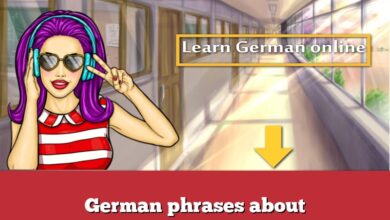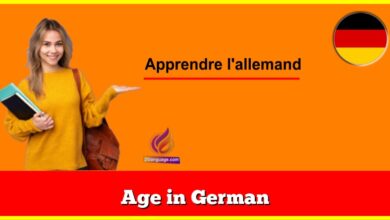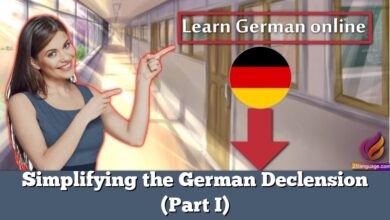Learn German for Beginners Complete A1 German Course

A1 German course for beginners in learning German. Let ‘s start learning German easily.
What is Level A1.1 in German?
The Common European Framework of Reference for Languages. (CEFR or CEF for short) is a standardized guideline used to describe achievements of learners of foreign languages. across Europe and beyond. At Expath, we follow these guidelines in all of our German classes.
How Does it Work?
These levels are classified as A1 for beginners, A2 for elementary, B1 for intermediate, B2 for upper intermediate, C1 as advanced, and C2 as mastery.
Expath, like many other language schools, splits these levels in half to accommodate students’ time and budget planning (e.g. level A1 is split into A1.1 and A1.2). This framework is one of the best to learn German for beginners.
To start with level A1, expected to have no knowledge of German.
What Does it Mean for You?
After completing level A1.1, you’ll be able to:
- understand and use familiar everyday expressions and very basic phrases aimed at the satisfaction of needs of a concrete type.
- introduce yourself and others and ask then answer questions about personal details such as where they live, people they know and things they have.
- interact in a simple way provide the other person talks slowly and clearly then prepare to help.
What You’ll Learn
At Expath, as part of the A1.1 curriculum you will learn the following (and more):
Greetings and Farewells; Introductions. Saying where one is from; Saying what languages one speaks; Asking and telling how one is doing; Talking about Family. Counting; Talking about where one is from. Talking about others (he, she, we, you, they); Filling out registration forms; Talking about what one has; Naming groceries;
Expressing not having and needing things. Talking about what things are not (kein, keine); Expressing prices, units and packaging; Buying items over the counter; Ordering food; Talking about one’s apartment; Comparing things; Talking about furniture; Reading apartment ads; Telling time; Talking about daily routines (split verbs);
Expressing dates; Using cardinal and ordinal numbers; Describing what one does at different times of the day; Talking about the weather; Expressing not having things (accusative); Talking about hobbies and free time; Talking about what one can and cannot do; Talking about what one wants; Expressing things in the past; Talking about daily routines in the past; Naming days of the week; Naming months.
Learn German for Beginners Complete A1 German Course
German book for beginners 
Download the pdf book
At last we wish you master German with this complet A1 course.





























